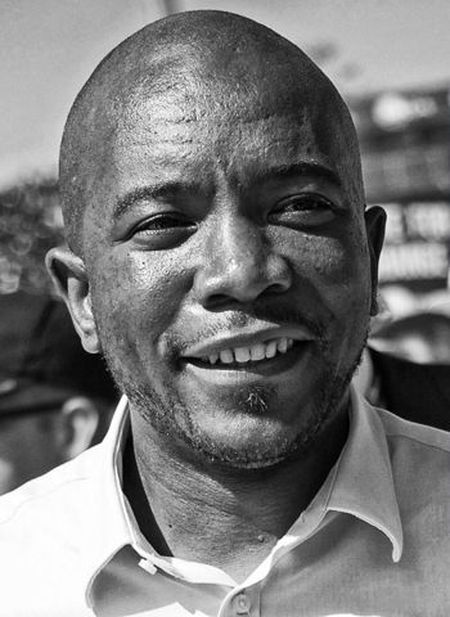
On Wednesday, 10 September 2025, buried halfway down on page six of a post-Cabinet press statement, South Africans were informed in a single line that all but one member of the board of the Public Investment Corporation (PIC) had been replaced.
Ten new non-executive directors were appointed, with neither explanation nor public consultation.
It is extraordinary and troubling that a board which oversaw the growth of PIC assets from R2-trillion to almost R3.9-trillion was suddenly and quietly replaced. Even more alarming are media reports this week confirming that only one of the 10 new directors has any experience in asset management.
Questions about the new board’s capacity to safeguard trillions of rands in public funds are well founded.
The PIC is not just another run-of-the-mill public institution. It is effectively South Africa’s state asset manager. How it is governed affects every South African, and most directly the millions of public servants whose pensions it holds, including teachers, nurses, police officers and civil servants.
The sudden removal of the board was deliberate and quiet, yet the stakes are enormous. There is a duty on MPs to ascertain who now sits on the board entrusted with nearly R3.9-trillion in public funds, and on what basis were these appointments made.
There is a greater procedural issue at play here. In theory, ministers act as representatives of the shareholder – the state. In practice, however, this concentration of power creates fertile ground for political patronage and cadre deployment.
Too often, board appointments serve as instruments of political reward rather than mechanisms for good governance and oversight. When this happens, competence, integrity and accountability are secondary considerations, and public trust erodes.
In response to this PIC matter, I have written to Finance Minister Enoch Godongwana, asking for full transparency on the rationale and legal basis for prematurely terminating the previous board’s extended term.
Particularly, I requested clarity on the role, if any, of undisclosed psychometric testing in the removal of directors, the risks considered before wiping out the board’s institutional memory, and any allegations of corruption or procurement irregularities connected to the Public Servants Association.
But the issue at the PIC is not isolated. It reflects a wider, systemic governance crisis. South Africa has about 700 state-owned enterprises and adjacent entities and boards. Yet the power to appoint and dismiss boards rests almost entirely in the hands of a single minister. This concentration of power undermines institutional independence and opens the door for political manipulation of public resources.
It is trite to say that when boards are seen as extensions of political influence, institutions lose their purpose of serving the public interest.
We cannot allow boards responsible for trillions of rands in public assets to be reshuffled at the discretion of politicians. Indeed, the stakes are too high for opaque processes and unaccountable power. It was SOEs that drove the bulk of State Capture, and those same SOEs continue to hold eye-watering amounts of public funds.
Reforming the manner in which SOE boards are appointed and dismissed is long overdue. Here are five considerations:
One: Independent appointment panels. We need a transparent, competitive process for board appointments, managed by the Public Service Commission or another independent body. Shortlists should be published, and the criteria for competence, integrity and independence must be clearly defined and consistently applied.
Two: Parliamentary oversight. For major entities like the PIC, Eskom and Transnet, board appointments should require parliamentary approval. This would dilute executive control, introduce a system of checks and balances and give the public a voice through their elected representatives.
Three: Public scrutiny and stakeholder involvement. Certain board positions should be subject to public nomination processes. Where pension funds are involved, labour unions and beneficiaries must have meaningful representation to ensure that boards are accountable to those whose money they manage.
Four: Term stability with performance review. Arbitrary dismissal of entire boards must be prevented. Board members should serve fixed terms, with performance-based review mechanisms, rather than being subject to political reshuffling that undermines institutional memory and long-term strategy.
Five: Conflict of interest safeguards. Laws must be strengthened to prevent individuals with political connections or who are under investigation from sitting on boards. Clear rules must ensure that conflicts of interest are avoided, so that decisions are made in the best interest of the public rather than for political gain.
Ultimately, this is about who controls South Africa’s public assets and pensions. Ordinary South Africans don’t have a say in their stewardship, with power concentrated in the hands of ministers and political elites. If we do not act, the cycle of appointments, governance failures, and accountability crises will continue.
If we succeed in implementing meaningful reforms, we can create a system where boards of State-Owned Enterprises genuinely safeguard and advance the public interest, rather than serving as extensions of political patronage. DM




